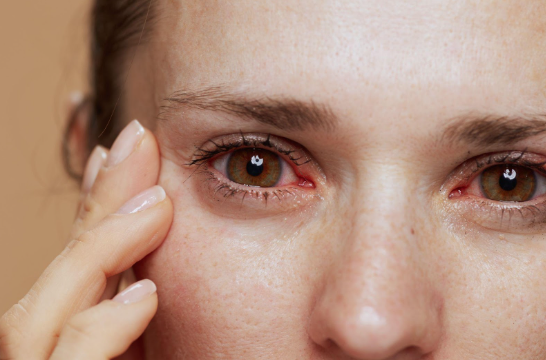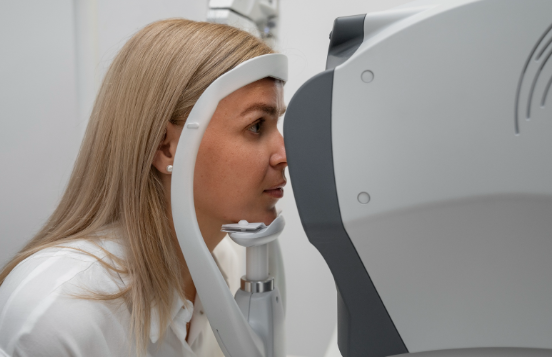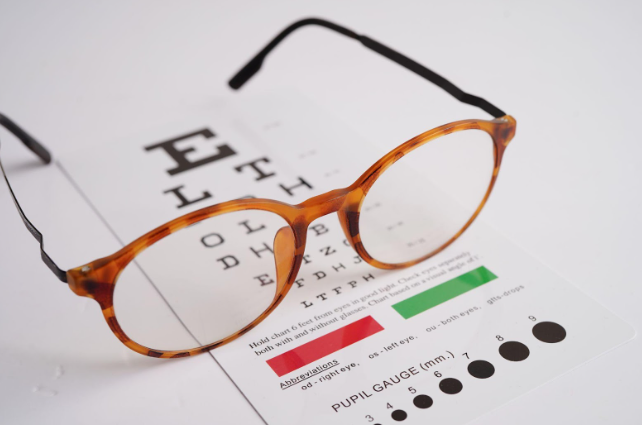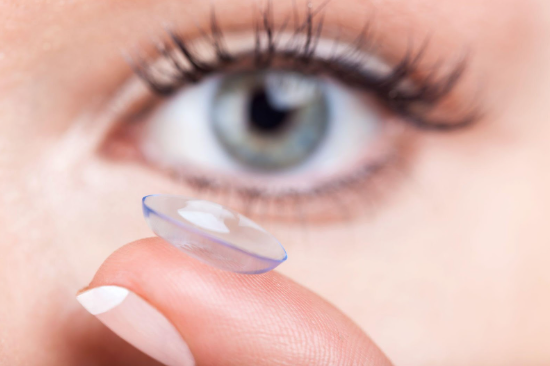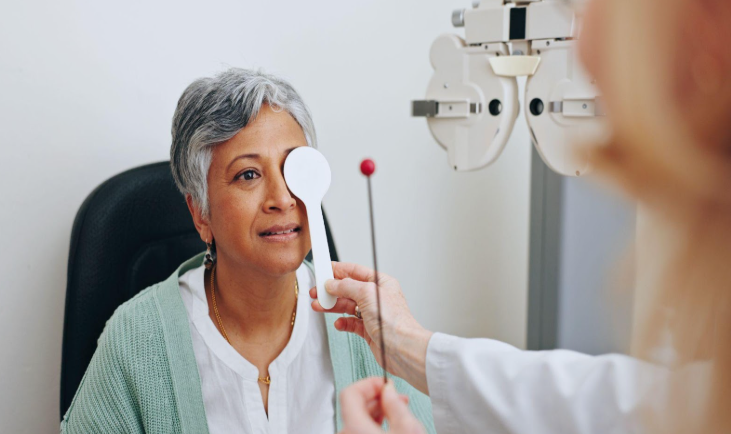LASIK surgery (laser-assisted in-situ keratomileusis) is a refractive surgery and is the number one performed laser vision correction procedure. In most cases, patients elect to have LASIK when they get tired of wearing corrective lenses, such as contacts or glasses.
Although there are no guarantees with LASIK, most patients report impressive improvements in their vision after the procedure. Choosing to have a procedure like LASIK is not just about seeing better, it’s about living better.
Am I a Good Candidate for LASIK?
LASIK is FDA-approved for people aged 18 and older who’ve had a stable eyeglass or contact lens prescription for at least two years in a row, and whose eyes are generally healthy. Your ophthalmologist will thoroughly examine your eyes and make sure you are a candidate for LASIK.
The procedure may not be recommended for people with symptoms such as:
- an eye infection or injury
- very thin corneas
- glaucoma
- dense cataracts
- severe dry eyes
- uncontrolled diabetes
- pregnant or nursing women
LASIK isn’t appropriate for everyone. If you are considering LASIK, talk to your ophthalmologist about the benefits and risks — including the potential for quality-of-life issues.
What can I Expect during surgery?
Before the procedure, the eye surgeon will do an exam to check the shape and thickness of the cornea, look for refractive errors, and take detailed measurements of the eye. You will be examined by your ophthalmologist to ensure there are no eye problems.
The surgery should take less than 30 minutes. During the procedure, the eye is first numbed using special eye drops. Your surgeon will place an eyelid holder on your eye to keep you from blinking. He or she will also place a suction ring on your eye to keep it from moving. It will feel as if a finger is pressing firmly onto your eyelid. At this point, your vision will become dim or black.
The surgeon uses a laser called a microkeratome. While your ophthalmologist is using the laser, you will hear a clicking sound. After reshaping the cornea, your eye surgeon folds the flap back down into position and smoothes the edges. The flap attaches on its own in 2–3 minutes, where it will heal in place.
What Can I Expect after Surgery?
- Your ophthalmologist will place a see-through shield over your eye, and you will need to wear it while sleeping for a few days. This is to protect the eye until it heals.
- You should plan to go home and take a nap or just relax after the surgery.
- For a few hours, your eyes may feel scratchy or feel like they are burning. You will be given special eye drops to reduce dryness and help your eye heal.
If you’re tired of wearing eyeglasses or contact lenses, contact our office to see if LASIK surgery is right for you. Call 516-785-3900 (Wantagh office) or 516-541-4141 (Massapequa office) to schedule an appointment.
Sources: American Academy of Ophthalmology, Harvard Medical School
